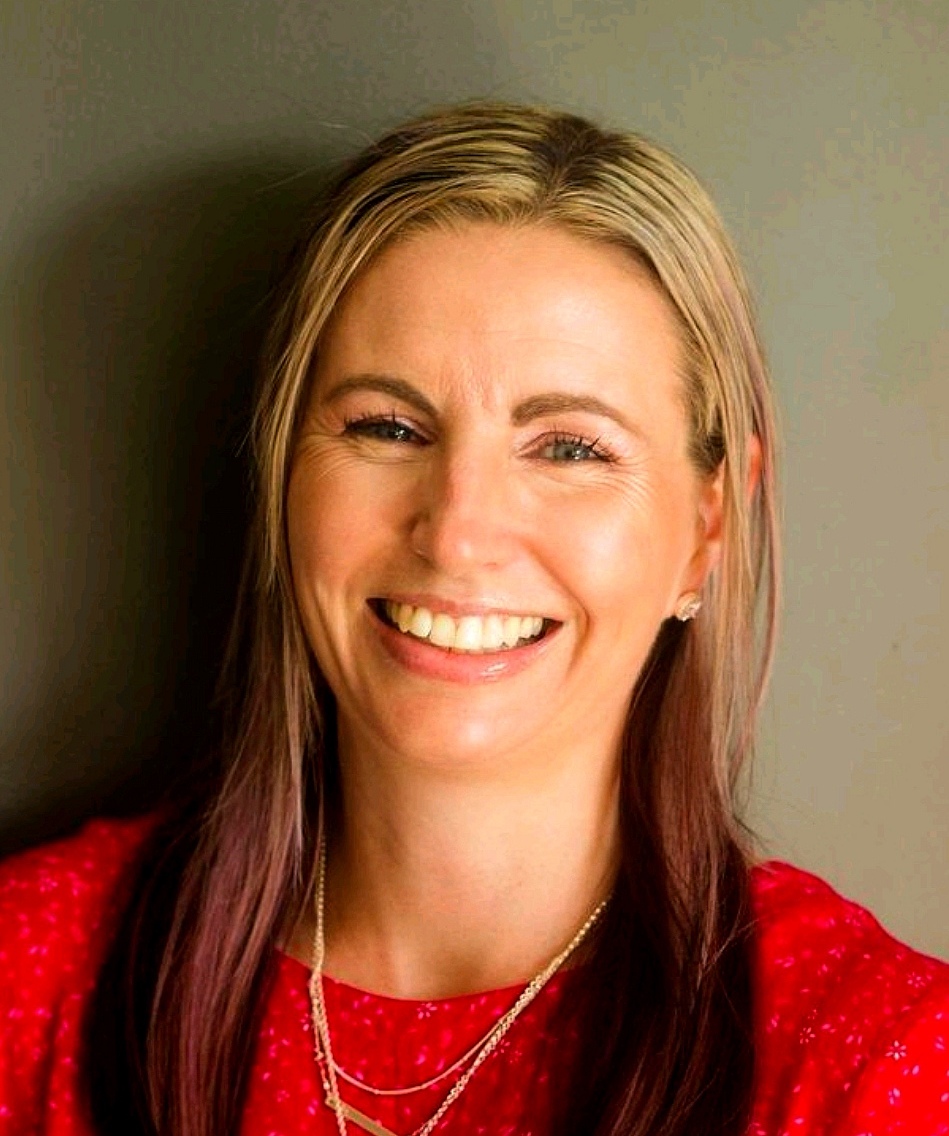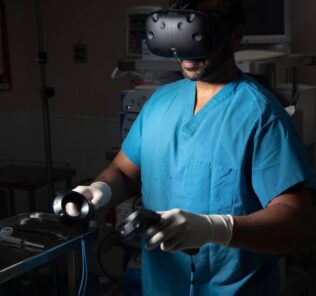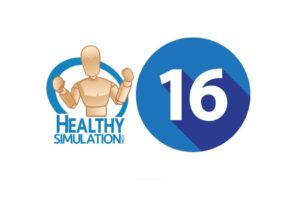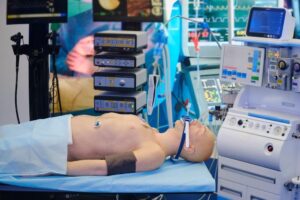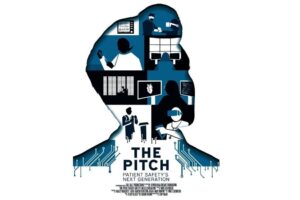How to Weave a Growth Mindset into a Clinical Simulation Program
A growth mindset is a frame of mind for ongoing development that many people aim to infuse into both their personal and professional lives. There are many parallels between both healthcare simulation philosophy and methodology that align with concepts that relate to a growth mindset in psychology. This article by Erin Carn-Bennett, MSN, RN, will explore the concepts of growth mindset as well as fixed mindset and how they relate to and can be woven into healthcare simulation programs globally.
View the HealthySimulation.com LEARN CE/CME Platform Webinar How Can Clinical Simulation Promote Growth Mindset Over Fixed Mindset? to learn more!
The definition of a growth mindset is described by Carol Dwek, author of the book “Mindset” in the quote: “Growth mindset is based on the belief that your basic qualities are something you can cultivate through your efforts. Although people may differ in every way in their initial talents and aptitudes, interests, or temperaments, everyone can change and grow through application and experience.” Carol Dwek discovered and named the terms growth and fixed mindsets and is renowned in the field of psychology in subjects that relate to mindset and motivation.
Sponsored Content:
Growth Mindset’s Relationship to Healthcare Simulation
The experience as a participant in clinical simulation allows people to learn through either difficult or successful clinical experiences that involve a patient as a team in a safe manner. In healthcare simulation, there is recognition and respect for the participant’s prior life or clinical experiences that are brought into the clinical simulation scenario. In debriefing, participants are guided by conversation to process the applied experience through a range of emotions to hopefully land at a place of knowledge to bring into the next interactions with patients and improve bedside care and safety. The parallels between a growth mindset and clinical simulation are highly evident in many, if not all, layers of clinical simulation philosophy and practice.
Reframe Mistakes From Failure to Feedback
In safe clinical simulation, psychological safety should be one of the largest foundational pillars of a program. One of the aims of psychological safety is to make people feel safe to challenge the status quo and make mistakes without fear of reprimand. In a growth mindset, there is a reframe of mistakes to an opportunity to learn and grow. Although the stakes are high in real-life clinical care to patients and families, healthcare simulation provides a safe container for healthcare workers to explore their mistakes and grow from them safely. Healthcare simulation should not be a shameful place to make mistakes. Healthcare simulation should be a place to see mistakes as an opportunity for growth and recognition of potential latent safety threats to patients. These may include environmental, policy, and equipment malfunctions that cause healthcare professionals to increase the chances of mistakes or errors.
Sponsored Content:
Learning the Power of “Yet”
“Yet” is a powerful word and is used within the growth mindset philosophy. Instead of statements of an inability to perform certain tasks and a fixed mindset that surrounds this, an addition of the word “yet” has the potential to enable participants of healthcare simulation to consider growth into tasks currently unable to be performed in the future. “Yet” allows the ability to learn through both action and dedication.
Know Program Value, Risks, Challenges and Enhancers
As a healthcare simulation program, a powerful exercise to do as a team is to explore the values of the clinical simulation program as a collective. The process of clarity around program values and living according to them can assist to intentionally have a growth mindset.
As a clinical simulation program with a high level of psychological safety and a growth mindset, the support of team members to take appropriate risks can be incredibly beneficial to a program that values a growth mindset. In a growth mindset, lessons learnt are rewarded, not punished or thought of through a negative lens. Lessons aren’t able to be learnt without team members that are able to take appropriate risks, though.
Insecurity and criticism within team cultures will inhibit growth in regard to the philosophy of a growth mindset. With immersion into a growth mindset, high psychological safety, and the embracement of challenges, team members are more able to be more growth mindset-centered. When team members are made to feel insecure or criticized, this can affect team members’ ability to foster a growth mindset and instead feel stuck at times in a fixed mindset. As clinical simulation is a highly innovative and creative career path, a growth mindset will enhance success in roles and the program overall.
In a growth mindset, the ability and drive to learn from others is essential. A lack of desire to give up easily will also play a pivotal role on the path to a growth mindset. Effort is a path to mastery of skills. As clinical simulationists, they want to get up and try again is essential. Clinical simulation courses and scenarios may not always go right the first time, for which acceptance plays a key part. Also, a work environment where growth from challenges and failure is welcomed will always assist in more likely program success and support long term.
Abilities and Reality: Know How to Make the Distinctions
Abilities are not set in stone in the philosophy of growth mindset. The thought of abilities altering based on effort and dedication parallels clinical simulation. Clinical simulation is experiential learning that allows participants to explore skills and teamwork in a safe environment as close to real-life patient care. The reality is, however, that there is always a mixture of fixed and growth mindset in organization staff. For most individuals, there will be a combination of both growth or fixed mindset depending on the situation. The want to circle back to a growth mindset is more critical than attempts to perfect always remaining in a fixed mindset.
The psychological philosophy of the power of a growth mindset has many parallels to benefits in a healthcare simulation program. This article has explored these parallels in comparison to clinical simulation programs and also how to infuse these concepts into healthcare simulation organizations. A fixed mindset was also discussed, as well as the damage to innovation and creativity that can occur as a byproduct of the overriding presence in a clinical simulation program. A growth mindset can be a powerful concept to infuse into any clinical simulation program and take the organization to the next level of success.
Learn More About Ways to Promote Learning in Simulation – Cognitive Load Theory!
Reference: Dweck, C. S. (2008). Mindset. Ballantine Books.
Erin Carn-Bennett is a Simulation Nurse Educator for the Douglas Starship Simulation Programme in Auckland, New Zealand. Carn-Bennett has her Masters of Nursing and has an extensive nursing career within pediatric emergency and also nursing management. She is passionate about debriefing and all things simulation. Carn-Bennett is a member of the IPSS board of directors. Carn-Bennett is the lead host of the podcast Sim Nurse NZ.
Sponsored Content:




